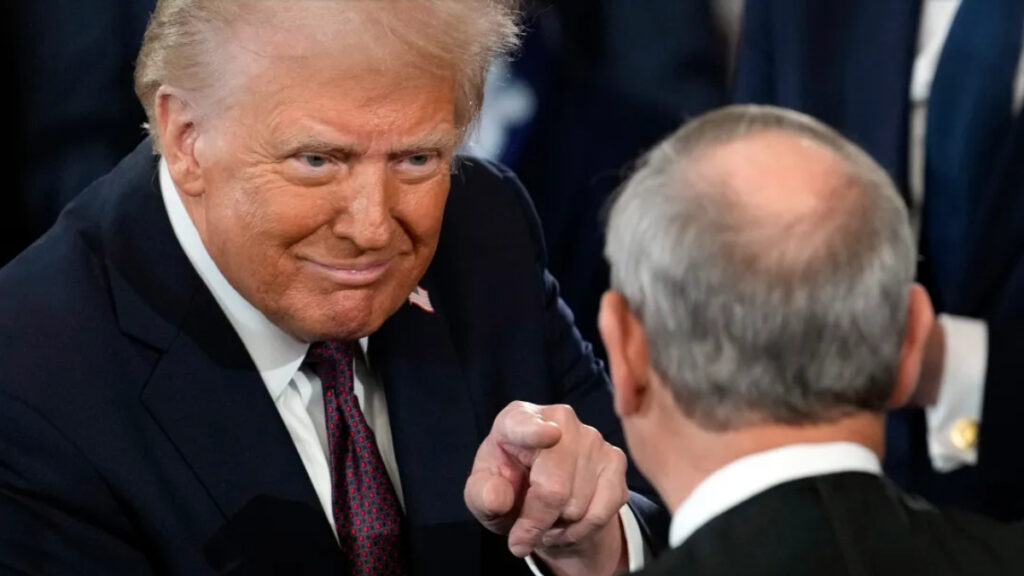A fierce campaign of retribution has been driven by Donald Trump, culminating in the criminal indictment of former FBI Director James Comey. The indictment was secured on Thursday by Lindsey Halligan, the newly appointed U.S. attorney for the Eastern District of Virginia, who was installed just days earlier after her predecessor resigned in protest.
Despite her inexperience—struggling with court procedures and even entering the wrong courtroom—Halligan delivered what mattered most to Trump: Comey’s indictment. This outcome has been described by Justice Department veterans as a dangerous erosion of the department’s independence, as federal prosecutors were directed to pursue the president’s political enemies.
The resignation of Erik Siebert, Halligan’s predecessor, signaled internal resistance. Siebert refused to prosecute Comey, arguing that the evidence was insufficient. His departure, followed by Trump’s public demand that Attorney General Pam Bondi accelerate prosecutions of his rivals, set off days of turmoil inside the Justice Department. Staff attorneys scrambled, updating résumés and documenting their work in anticipation of possible fallout.
Comey, defiant after the indictment, released a video declaring his innocence and vowing to fight the charges at trial. Trump, however, indicated more indictments were imminent, naming figures such as John Bolton, Letitia James, Adam Schiff, John Brennan, and Fani Willis as potential targets.
Behind the scenes, Trump’s push was fueled by loyalists like William Pulte, a housing finance official who cast doubt on Siebert’s commitment and accused political opponents of misconduct. Pulte’s influence, combined with Ed Martin’s leadership of the Justice Department’s “weaponization” task force, has heightened pressure on federal prosecutors.
Todd Blanche, Trump’s deputy attorney general and longtime loyalist, has tried to temper expectations by reminding the White House of the legal thresholds required to indict. Yet he, too, supports Trump’s belief that law enforcement was once “weaponized” against him.
Trump has been open about his pursuit of vengeance, calling his enemies “scum” and promising payback since his 2024 campaign. The indictment of Comey is now seen as a symbolic victory, and many in Washington expect further charges to follow as the administration expands its drive to prosecute high-profile opponents.

